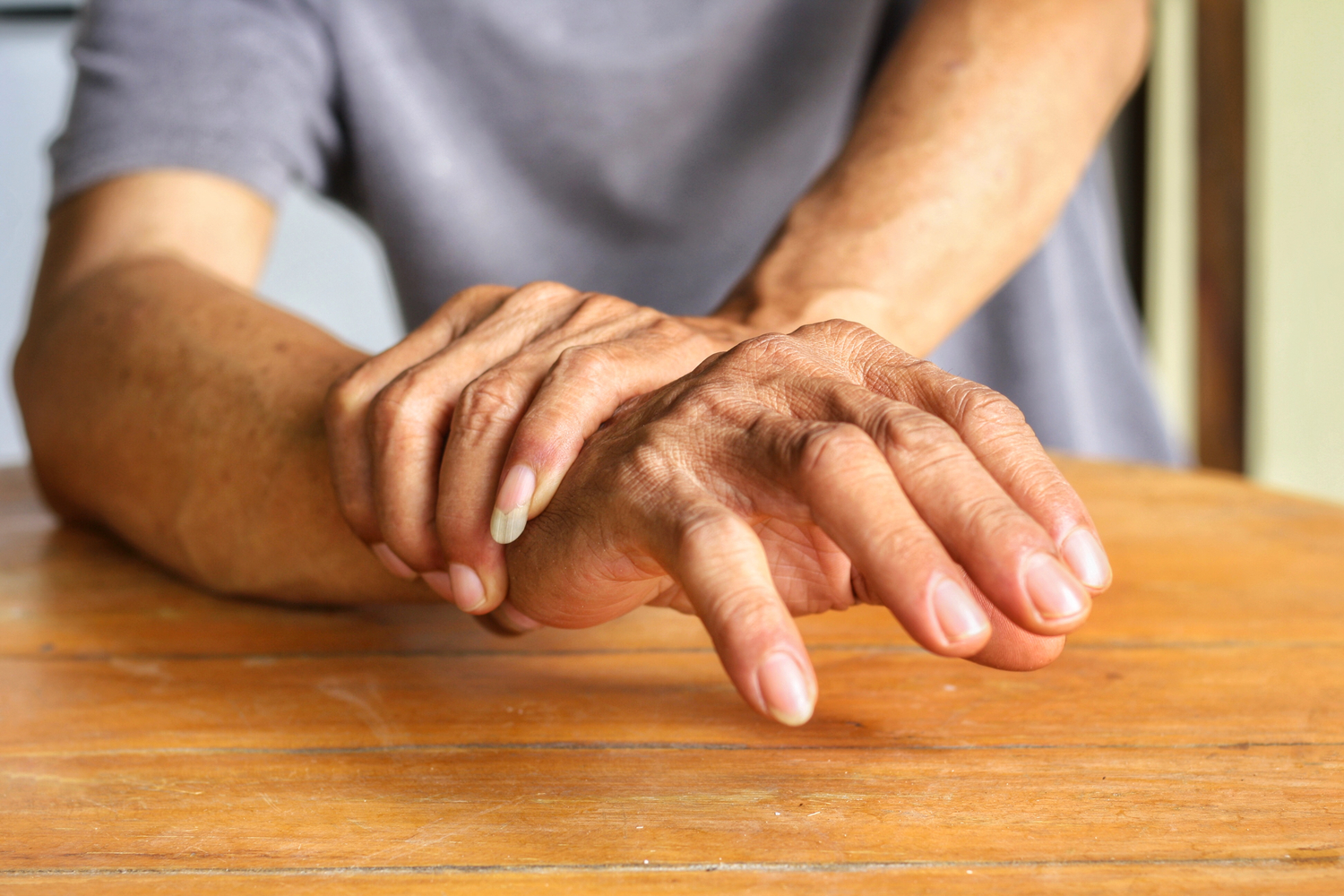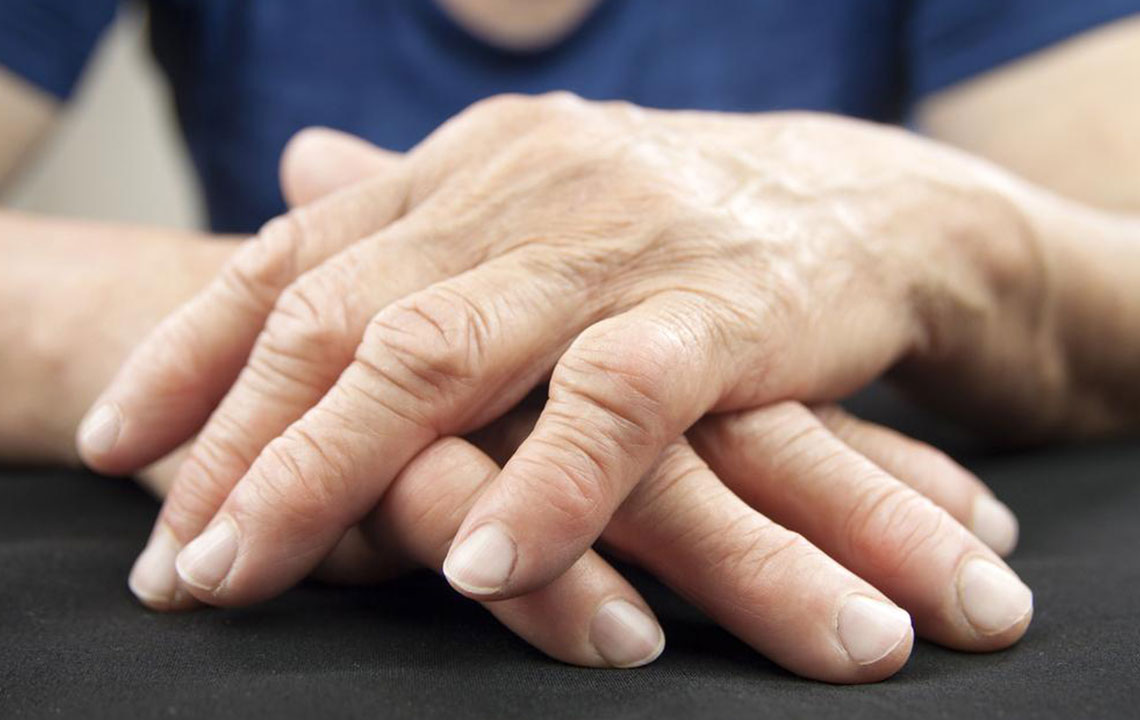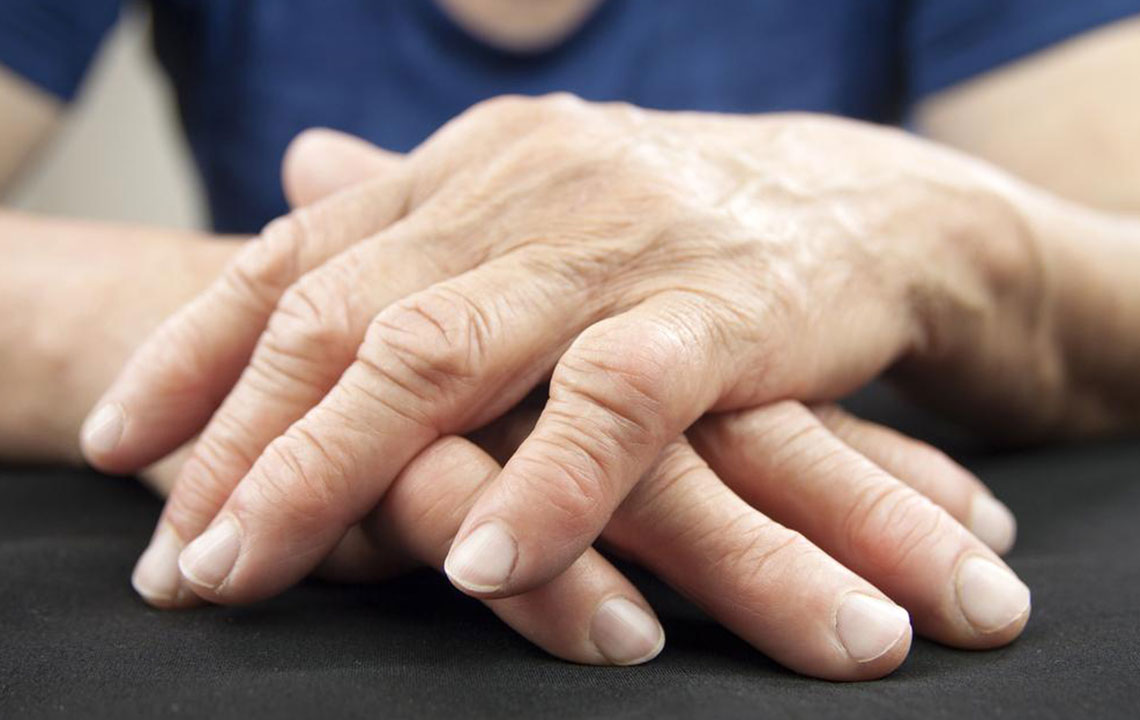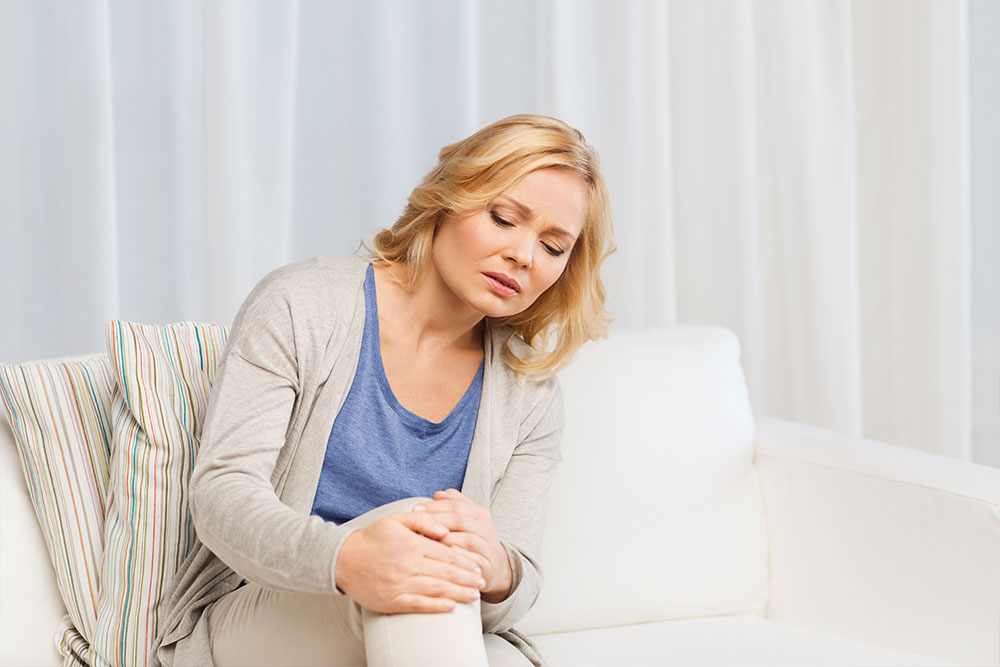Effective Lifestyle Strategies for Managing Psoriatic Arthritis
Discover effective lifestyle strategies to manage psoriatic arthritis. Incorporate gentle exercise, a healthy diet, proper posture, and natural remedies like turmeric. Practical tips include heat therapy, sleep routines, and avoiding smoking to alleviate joint pain and inflammation. Adopting these habits can significantly improve quality of life for those with psoriatic arthritis by reducing symptoms and controlling flare-ups.
Effective Lifestyle Strategies for Managing Psoriatic Arthritis
How Lifestyle Changes Can Help Control Psoriatic Arthritis
Psoriatic arthritis is an autoimmune disorder where the immune system mistakenly attacks the joints, causing inflammation and discomfort. Studies indicate that about 30% of individuals with psoriasis eventually develop this condition. While its precise cause remains uncertain, genetics combined with environmental triggers are believed to play a role. Though chronic and progressive, adopting suitable medications and healthy lifestyle habits can significantly reduce symptoms and improve quality of life.
Stay Active – Engaging in gentle, low-impact activities such as swimming and walking helps protect joints without causing damage.

The best options include swimming and walking.
Adopt a Heart-Healthy Diet – Since inflammation can harm blood vessels and raise cardiovascular risk, it's best to limit saturated fats, red meats, and processed foods. Focus on consuming fresh fruits, vegetables, and whole grains to support overall health.
Avoid Smoking and Excessive Alcohol – Smoking has been linked to poorer medication responses in psoriatic arthritis patients. Refraining from smoking and limiting alcohol intake can positively influence disease management.
Take Warm Showers – Morning stiffness and joint pain can be alleviated by taking warm showers soon after waking, helping to ease discomfort for the day.
Incorporate Turmeric into Your Diet – Turmeric's anti-inflammatory and antioxidant properties may help control flares in psoriasis and psoriatic arthritis.
Choose Light Accessories – Selecting small, lightweight bags and opting for cross-body styles prevents unnecessary joint strain.
Maintain Correct Posture – Proper posture, especially keeping the spine upright and avoiding slouching, is essential for joint health.
Self-care Tips for Chronic Joint Pain from Psoriatic Arthritis
Control Inflammation – Managing inflammation is key to treatment. A diet rich in omega-3 fatty acids from oily fish, dark leafy greens, vegetables, and whole grains supports this goal.
Apply Topical Pain Relievers – For surface-level joint pain, topical treatments containing capsaicin, salicylates, or counterirritants like menthol can provide relief. Consult a healthcare provider before use.
Use Heat and Cold Therapy – Applying heat via heating pads or warm baths relaxes muscles, while cold packs reduce swelling and pain. Both are affordable pain management options.
Prioritize Quality Sleep – Adequate sleep is vital; using a supportive mattress and maintaining consistent sleep routines contribute to better health and symptom relief.
Implementing healthy eating, regular exercise, and lifestyle modifications helps reduce stress and manage symptoms effectively.
Note:
Our blog provides practical information across various topics. While the research and data presented aim to inform, they are not conclusive medical advice. Consult healthcare professionals for personalized treatment plans. The site may not cover all available therapies or offers, so explore multiple sources for comprehensive care.









